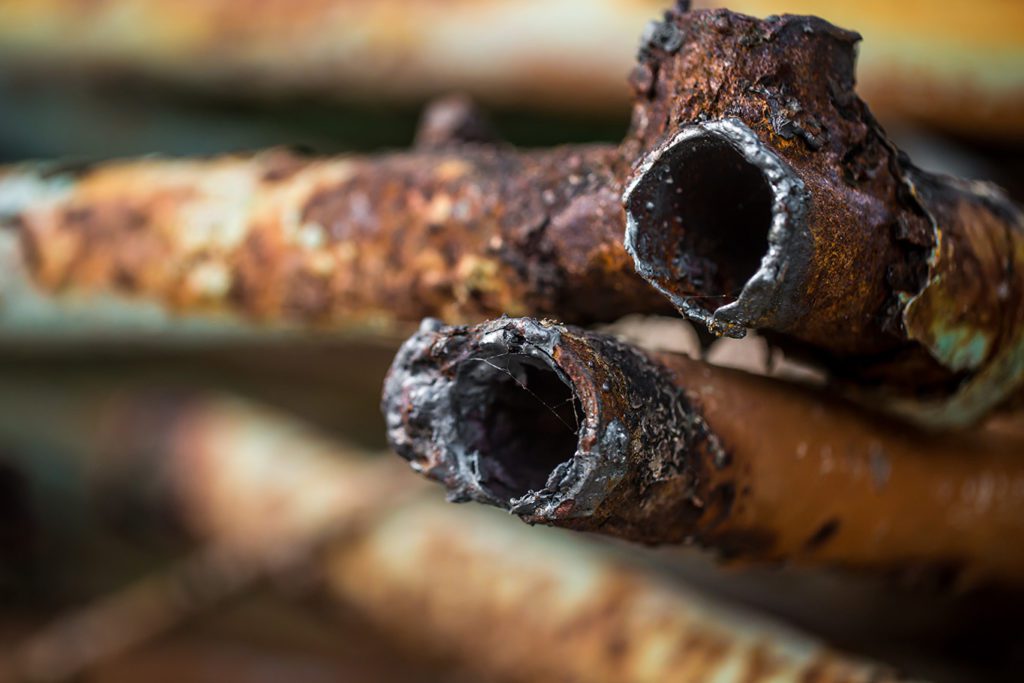It’s a fact of life: Your home will eventually need replacement plumbing fixtures, AC units, or other major repairs. It’s inevitable—and it happens far sooner than you may think. Over the course of just a few years, your home has about a 50 percent chance of showing visible signs of wear and tear. If you own an older home with wood or metal fixtures and frequently use boiling water in your water heater, now may not be the best time to replace them. For one thing, replacing both your hot-water heater and its plumbing is expensive—especially when you factor in the cost of a new water heater. And if you’re looking for ways to further cut costs-without sacrificing comfort or safety-replacing your entire system may seem like an even worse idea.
The Importance Of A Good Heater
When it comes to your water heater, you should forget the basics, forget the thrifty, forget the cheap. Forget the all-too-common mentality that says, “If it ain’t broke, don’t fix it.” We’re not saying that you need to replace your existing water heater with a giant new unit capable of heating 100 gallons of water at a time. In fact, most homeowners can spend years without needing to replace their old water heater. What we are saying is that you need to get a new water heater. And here’s why: If water in your old water heater begins to turn rusty, it can cause damage to pipes, fittings, and fixtures. If your pipes are made of iron, copper, or lead, the rust can cause corrosion and create a potentially dangerous situation for both you and your family.
Know The Signs Of Water Heater Rust Before Replacing It
If you can prevent your water heater from rusting in the first place, you’ll prevent a lot of damage to your house and its fixtures. If you aren’t sure if your water heater is suffering from corrosion, here are some signs that you might want to look out for: – You get a “sulphur” smell when you open the tap. – You notice a strange taste in your water. – You notice a strange yellow colour in your pipes. – You notice a strange “buzzing” sound coming from your pipes. – You notice a strong “gurgling” sound coming from your pipes.
Protect Your New Water Heater From Rust With Care
When you’re buying a new water heater, make sure you shop around and get the best deal you can. That said, you should also take care when installing your new water heater. If you can’t find a company that specializes in water heater installation, you can do a few things to make the process go more smoothly. First, hire a company that provides a written warranty. It’s essential that you protect your new water heater with the right kind of protection. You don’t want to add extra wear and tear to your water heater while trying to protect it with a thin coat of paint or a thin layer of duct tape. Instead, invest in a durable protective coating that’s designed to withstand the elements.
Ways To Delay The Process For A While
– Install a tankless water heater. – Install a water filtration system. – Install a solar water heater. – Use a drip irrigation system. – Invest in a high-quality water filter. – Install a low-flow shower head. – Install low-flow faucets. – Install a high-efficiency washing machine. – Install a high-efficiency dishwasher. – Install a high-efficiency water heater thermostat.
Final Words
Well, we hope this guide has helped you learn all about how to prevent and deal with water heater rust. Now that you know what to look out for, you’ll be able to protect your home’s plumbing from damage and reduce the risk of water heater rust. Now, go enjoy your new thermostat-controlled water heater, and don’t forget to protect it with the right kind of protection!

